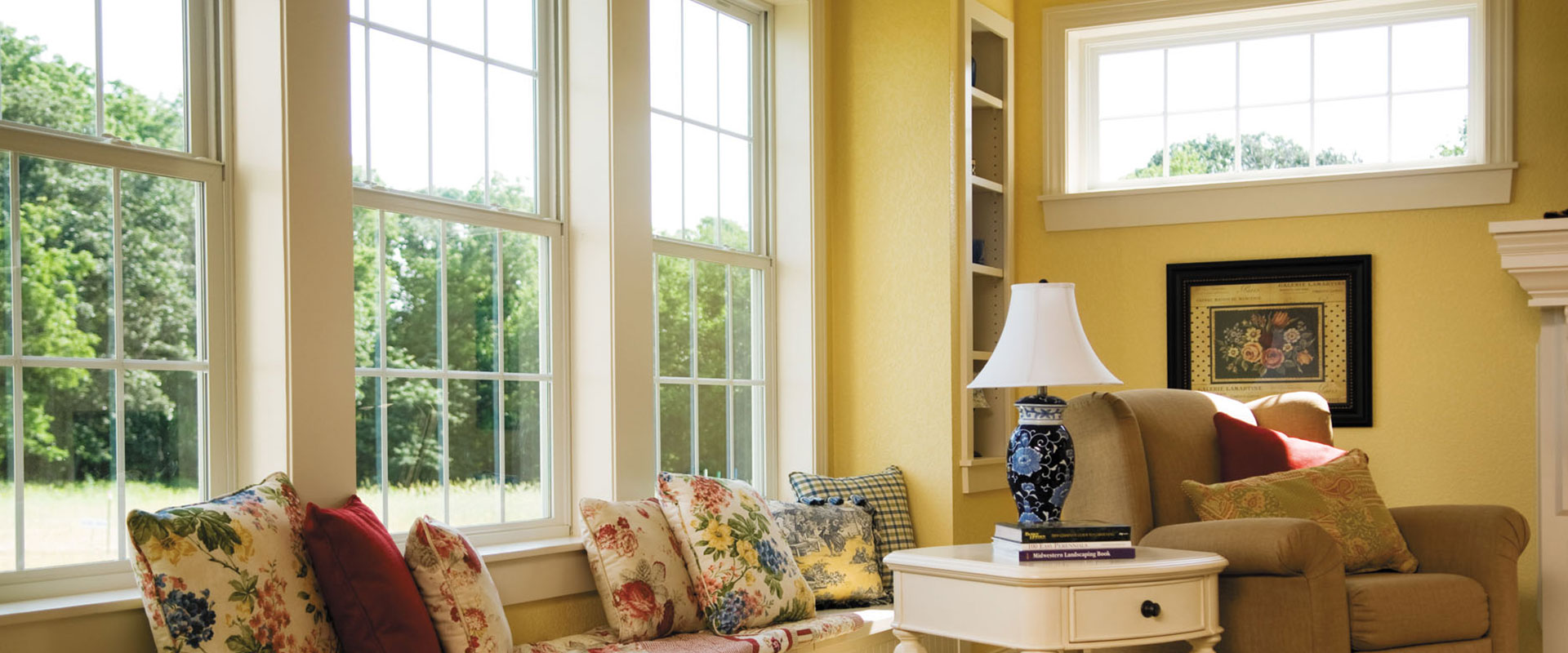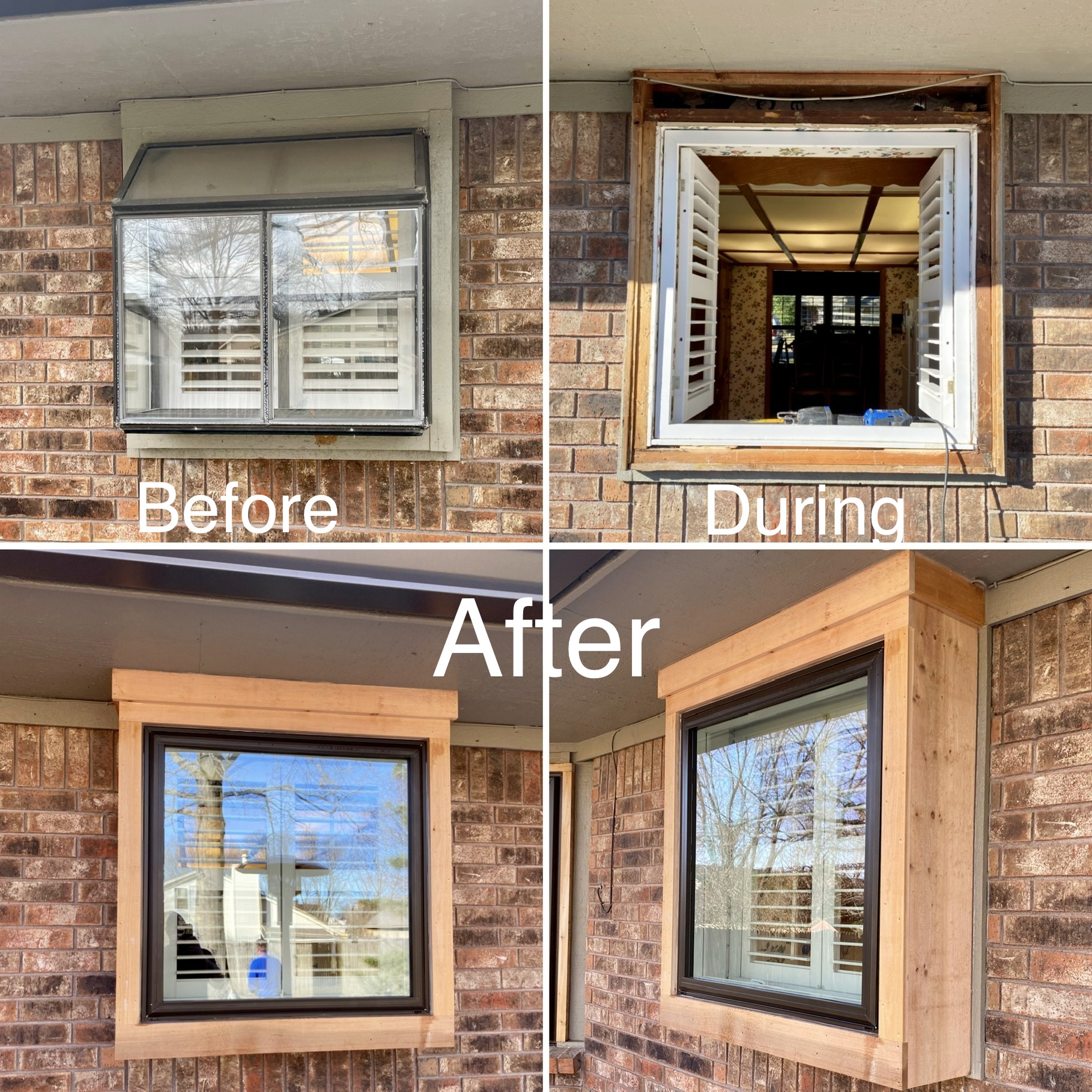Upgrade Your Home With Energy-Efficient Window Substitutes
In the realm of home improvement, the decision to upgrade to energy-efficient window substitutes can considerably influence both the capability and visual appeals of a house. Past the surface area degree of plain looks, energy-efficient home windows offer a wide range of benefits that go beyond simple visual charm.
Benefits of Energy-Efficient Windows

The installment of energy-efficient windows gives considerable financial savings on utility costs while enhancing ecological sustainability. Additionally, energy-efficient home windows can help control dampness levels within the home, lowering the risk of mold and mildew and mildew growth.
Beyond the monetary benefits, energy-efficient home windows add to ecological sustainability by reducing carbon exhausts associated with energy manufacturing. In general, spending in energy-efficient windows not just boosts the convenience and performance of a home but also straightens with ecologically aware practices.
Kinds Of Energy-Efficient Glass
Numerous advanced types of energy-efficient glass offer one-of-a-kind homes that satisfy various needs and choices in boosting the sustainability and effectiveness of structures. Low-emissivity (Low-E) glass is a prominent choice designed to lessen the amount of ultraviolet and infrared light that can travel through the glass, consequently lowering warm transfer. This kind of glass assists preserve a consistent indoor temperature, lowering the requirement for home heating or cooling systems, and inevitably decreasing energy expenses. An additional cutting-edge option is spectrally careful glass, which permits noticeable light to pass with while blocking certain sorts of infrared radiation. This helps in keeping a comfy indoor environment while decreasing heat gain. Triple-pane glass, including 3 layers of glass with insulating gas in between them, offers enhanced thermal insulation, making it highly energy-efficient. In addition, self-cleaning glass with a special covering that breaks down and loosens dust when exposed to sunshine can decrease upkeep needs and maintain home windows looking tidy. Each type of energy-efficient glass supplies distinct advantages, permitting homeowners to pick the most ideal choice based on their particular requirements and objectives.
Elements to Take Into Consideration When Picking
When considering energy-efficient window substitutes, it is imperative to very carefully analyze particular variables that line up with your sustainability goals and desired power financial savings. One important factor to take into consideration is the home window's energy performance rankings, such as the U-factor and Solar Heat Gain Coefficient (SHGC) The U-factor steps how well the window insulates, with lower numbers suggesting better insulation, while the SHGC suggests the window's capability to block warmth from sunshine. Furthermore, the home window framework product plays a considerable role in energy effectiveness. Materials like fiberglass, vinyl, or wood with thermal breaks are superb choices for minimizing warm transfer. Another important factor to consider is the window style and positioning worrying sunlight direct exposure. Choosing the right home window style and tactically right here putting them can optimize all-natural light while lessening warm gain or loss. Lastly, installation high quality is crucial to making certain the windows carry out as planned. Proper installment aids protect against air leakage, making certain optimum energy performance. By very carefully assessing these variables, you can choose energy-efficient home windows that enhance convenience, reduce power prices, and benefit the atmosphere.
Setup and Upkeep Tips

Normal maintenance is key to preserving the effectiveness of your energy-efficient home windows. Check the windows regularly for any indications of wear, sealant, or damages wear and tear. Tidy the frames, tracks, and glass on a regular basis utilizing moderate soap and water to get rid of dirt and grime that can influence efficiency. Check the weather-stripping and seals for any voids or splits and change them if needed to maintain the windows' energy efficiency.
On top of that, oil relocating components such as joints and locks to guarantee smooth procedure. By complying with these setup and maintenance ideas, you can boost the power effectiveness of your home and prolong the life-span of your energy-efficient home windows.
Cost-Benefit Evaluation of Upgrading

Energy-efficient home windows are made to decrease warmth transfer, lowering the demand for home heating and cooling systems to work overtime. This can result in considerable cost savings on energy bills, specifically in areas with extreme temperatures. Additionally, energy-efficient home windows can boost the total value of your home, making it much more attractive to possible customers if you make a decision to offer in the future.
When determining the cost-benefit analysis, factor in the possible cost savings on energy costs, any type of available incentives or discounts, and the life expectancy of the windows. While the first expense may be greater, the long-lasting cost savings and benefits of energy-efficient home windows make them a smart financial investment for house owners wanting to boost their property's energy performance and value.

Conclusion
In conclusion, upgrading to energy-efficient window replacements offers many advantages such as lowered energy intake, boosted comfort, and price savings. By picking the proper type of energy-efficient glass and thinking about elements like structure material and installation, house owners can optimize the efficiency of their windows.
When contemplating energy-efficient home window replacements, it is essential to meticulously examine particular elements that align with your sustainability purposes and wanted power savings. The U-factor measures how well the home window shields, with reduced numbers indicating much better insulation, while the SHGC shows the window's ability to block heat from sunlight. By thoroughly assessing these elements, you can choose energy-efficient windows that enhance convenience, lower power expenses, and benefit the environment.
While energy-efficient windows might have a greater in advance expense compared to traditional home windows, the long-lasting benefits typically exceed the initial financial investment.In verdict, upgrading to energy-efficient window substitutes uses various benefits such as decreased energy intake, increased comfort, and cost financial savings.